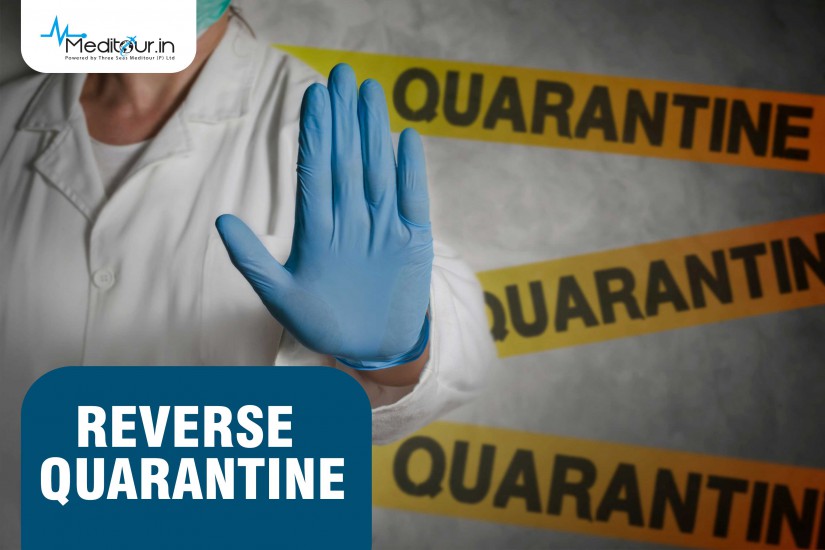Pulse Oximeter: Essential Things to Know
July 19,2021

The word quarantine is a common and frequently used one after the outbreak of Covid-19. What does it mean? In simple terms, it means a period during which a person, who is suspected to have a contagious disease due to his /her exposure to an infectious environment, is kept away from other people to prevent the spread of the illness. In the case of Covid-19, it is a 14 days period. At first, it used to be 28 days.
It is found to mitigate the risk of COVID-19 disease by 44–81% and mortality by 31–63%. Proper care, observation, isolation and the accessibility and availability of healthcare professionals are few factors which affect the success rate of quarantine. The daily confirmed cases are hiking every day. It has been observed that older people, individuals with diabetes, hypertension, lung disease, kidney disease and immune-compromised individuals are at high risk of severe illness and considerably greater mortality with Covid-19. We have to completely adhere to the instructions disseminated by the health department. Social distancing, face masks, use of hand sanitizers etc has to be maintained to ensure our safety.
Nowadays, we follow a new method in our fight against Covid-19. It is reverse quarantine. This method involves the isolation of vulnerable populations who can easily catch this infection from the people who are at risk of the disease. Let me explain it to you. This epidemic entirely altered our normal standards of living. Many people lost their jobs and are starving. We cannot continue to live with these restrictions. Our government is easing restrictions step by step. Though few sectors can issue work from home, a majority of people have to go for work and are at risk of being infected. Therefore, our health care professionals advised a procedure of reverse quarantine. If you have to go out for work and there is someone at your home who falls in the category of the vulnerable section, they will be kept isolated to reduce the risk of catching the infection. Those people won’t be allowed to step out of their houses, attend public gatherings and even be isolated from the family members to ensure their safety. Those who have substantial contact with sick people regularly as part of their profession might consider living in a separate dwelling until the risk is lowered.
Pregnant ladies, infants and children below 10 years, elderly people, and people suffering from various severe diseases can be considered for reverse quarantine. This method is adopted only to ensure prevention of being infected not in the prevention of transmission. It can be carried out until the disease vanishes or subsidises in a particular geographical area. The only objective of reverse quarantine is to allow people to go for work along with safeguarding vulnerable people. It can be carried out in the comfort of your home itself. Ensure that the person exposed to infection should not come in any contact with the vulnerable category. It will help to reduce the number of severe cases and the mortality rate.
Prolonged lockdown adversely affects the economic and social growth of our world. If the situation persists, we may witness massive deaths due to poverty. The physically and mentally healthy people are stuck at home because of the fear of corona. A majority of our population either lost their jobs or getting less pay than what they deserve. Still, researches are going on for medicines and vaccines against Covid-19. But for how long can we wait? Therefore, now this method is under practice to let people go for work and safeguard the vulnerable category. Let’s maintain social distancing and follow all instructions circulated by health departments carefully. Covid-19 or not, we have to survive and live our life.
Visit our page for more details: https://meditour.in/